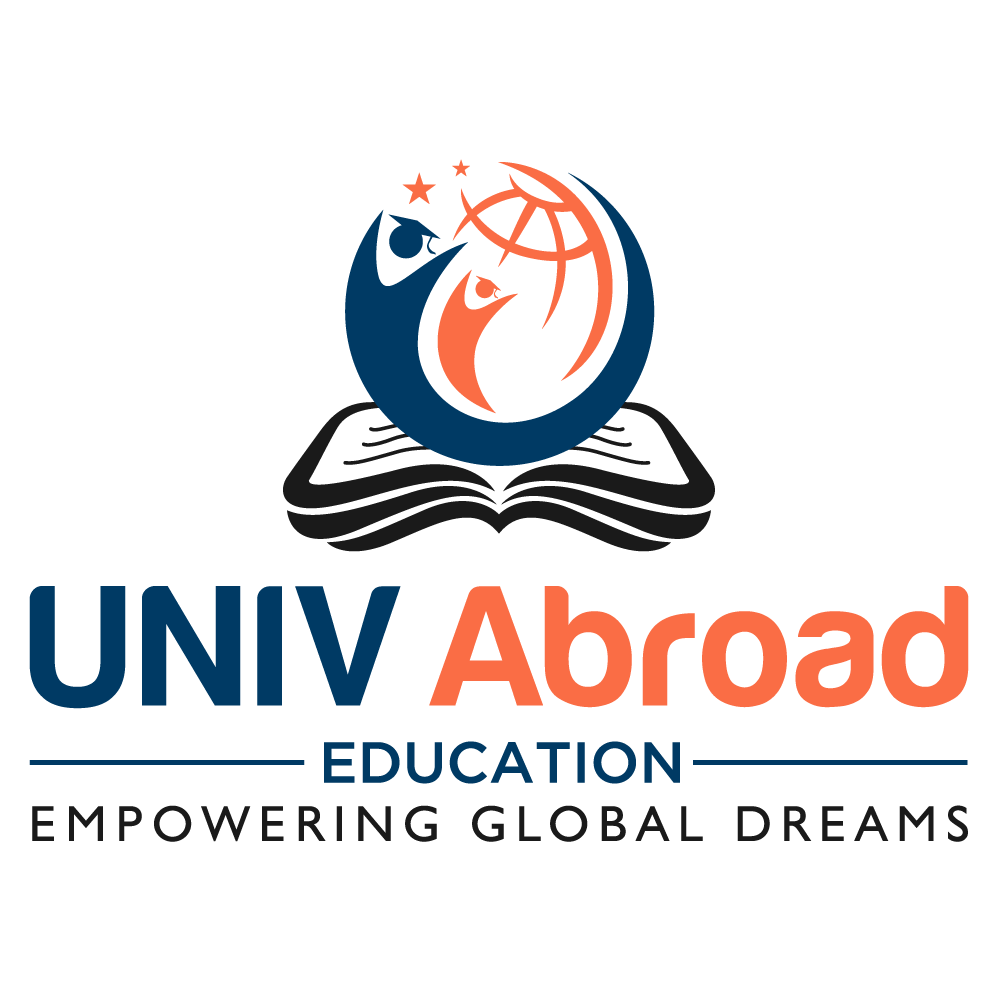
WHY STUDY IN SWITZERLAND from India?

Study in SWITZERLAND ?
Study in Switzerland: Switzerland is a wonderful place to live and study. The country ranks among the most traveled European countries due to its hotels, diversity of its heritage, its food, chocolates, and of course the Alps. Study abroad programs available in Switzerland, not only provide education and training of unmatched quality but also provide students the opportunity to have wonderful life experiences.
Study in Switzerland for Indian Students
Switzerland has always placed a high value on the delivery of good-quality education and boasts a great many higher education opportunities. There are total 12 universities in the country which specialize in various fields of education.
Swiss universities are well renowned for science and technology programmes and offer an excellent choice in a wide range of subjects, attracting students from all over the globe.
Cost of living in Switzerland
The Swiss Student Visa permits students to remain in the country for six months and look for a job after the competition of the course.
While the cost of living in Switzerland is notoriously high, the benefits of studying and working here are big! The positive aspect includes higher salaries, a global setting and an exceptional quality of life making it a safe and healthy environment for residents and visitors alike.

Why study in SWITERZERLAND?
Top Most Reasons Why You Choose To Study In The Switzerland
Choosing to study in Switzerland can be influenced by a variety of factors that make the country an attractive destination for international students. Here are some top reasons why you might choose to study in Switzerland:
1. Quality of Education:
• Switzerland is home to some of the world's top-ranked universities and institutions known for their academic excellence and rigorous educational standards.
2. Multilingual Environment:
• Switzerland's multilingual nature, with four official languages (German, French, Italian, and Romansh), offers a unique linguistic experience, making it an ideal destination for language enthusiasts.
3. Research and Innovation:
• Switzerland is a global leader in research and innovation. The country invests heavily in research and development, providing students with opportunities to engage in cutting-edge projects.
4. Global Networking Opportunities:
• Switzerland's central location in Europe and its international business environment make it a hub for networking. Students can connect with professionals and potential employers from various industries.
5. Quality of Life:
• Switzerland consistently ranks high in global quality of life indices. The country offers a high standard of living, a clean and safe environment, efficient public services, and a strong emphasis on work-life balance.
6. Political and Economic Stability:
• Switzerland is known for its political stability and a robust economy. The country's neutrality and reputation for financial stability contribute to a secure environment for students.
7. Cultural Diversity:
• Switzerland's rich cultural diversity is influenced by its multilingual population. Students can experience a blend of German, French, Italian, and Romansh cultures, contributing to a unique cultural tapestry.
8. Internationally Recognized Degrees:
• Swiss degrees are globally recognized and respected. Graduates from Swiss universities often have a competitive edge in the international job market.
9. Innovation in Hospitality and Tourism:
• Switzerland is a pioneer in hospitality and tourism education. Institutions like École hôtelière de Lausanne (EHL) are renowned for their hospitality management programs.
10. Stunning Natural Landscapes:
• Switzerland's picturesque landscapes, including the Alps, lakes, and charming towns, provide a beautiful backdrop for student life. The country offers opportunities for outdoor activities, such as skiing, hiking, and exploring nature.
11. Multinational Workforce and Networking Opportunities:
• Switzerland's multicultural society and multinational workforce provide students with a global perspective and valuable networking opportunities that can enhance their future careers.
12. Financial Aid and Scholarships:
• While Switzerland can be expensive, many universities offer scholarships and financial aid programs to support international students in managing their education costs.
Before making a decision, it's essential to research specific universities and programs, understand visa requirements, and consider the cost of living. Switzerland's unique combination of academic excellence, cultural diversity, and quality of life makes it an appealing destination for those seeking a well-rounded international education experience.
Top 10 Universities to study in the Switzerland
Switzerland is home to several prestigious universities known for their academic excellence. Here are some of the top universities in Switzerland:
Please note that university rankings can change over time, and new rankings may have been published since my last update. Additionally, the best university for you depends on your field of study and personal preferences.
Eligibility criteria for Admission in Switzerland Universities
The eligibility criteria for studying in Switzerland can vary depending on the level of education (undergraduate, postgraduate, or doctoral), the specific university or program, and the country of origin. However, here are some general guidelines and requirements that are commonly applicable:
Undergraduate Studies:
1. Completion of Secondary Education:
• Generally, eligibility for undergraduate programs requires the successful completion of secondary education or its equivalent.
2. Language Proficiency:
• Proficiency in the language of instruction (often English, German, French, or Italian) is typically required. Universities may require language proficiency test scores such as IELTS or TOEFL.
3. Entrance Exams:
• Some programs or universities may require students to take specific entrance exams, especially for competitive fields or specific courses.
Postgraduate Studies:
1. Relevant Bachelor's Degree:
• For admission to master's programs, a relevant bachelor's degree from a recognized institution is usually required.
2. Language Proficiency:
• Proficiency in the language of instruction is essential. International students may need to provide language proficiency test scores.
3. Work Experience (if applicable):
• Some postgraduate programs, especially in business and management, may require relevant work experience.
4. Entrance Exams:
• Depending on the program, standardized test scores such as the GRE or GMAT may be required.
Doctoral Studies:
1. Relevant Master's Degree:
• Admission to doctoral (Ph.D.) programs typically requires a relevant master's degree or its equivalent.
2. Research Proposal:
• Applicants may need to submit a detailed research proposal outlining their intended research topic and methodology.
3. Language Proficiency:
• Proficiency in the language of instruction is usually required, and international students may need to provide language proficiency test scores.
4. Interview:
• Some doctoral programs may require an interview as part of the selection process.
Language Proficiency:
- English, German, French, or Italian Proficiency:
Proficiency in the language of instruction is crucial. Applicants may need to provide language proficiency test scores (such as IELTS or TOEFL for English programs).
Other Common Requirements:
1. Transcripts:
• Applicants typically need to submit transcripts of their academic records from previous institutions.
2. Letters of Recommendation:
• Many programs require letters of recommendation from professors or professionals familiar with the applicant's academic or work achievements.
3. Statement of Purpose:
• A written statement explaining the applicant's motivation for pursuing the program and career goals is often required.
4. Visa Requirements:
• International students planning to study in Switzerland need to check and fulfill visa requirements. This may include proof of enrollment, financial stability, and sometimes a health insurance certificate.
Always check the specific requirements of the university and program you are applying to, as they can vary. Contact the admissions office or visit the official website of the institution for the most accurate and up-to-date information. Additionally, consider the visa regulations for international students in Switzerland.
